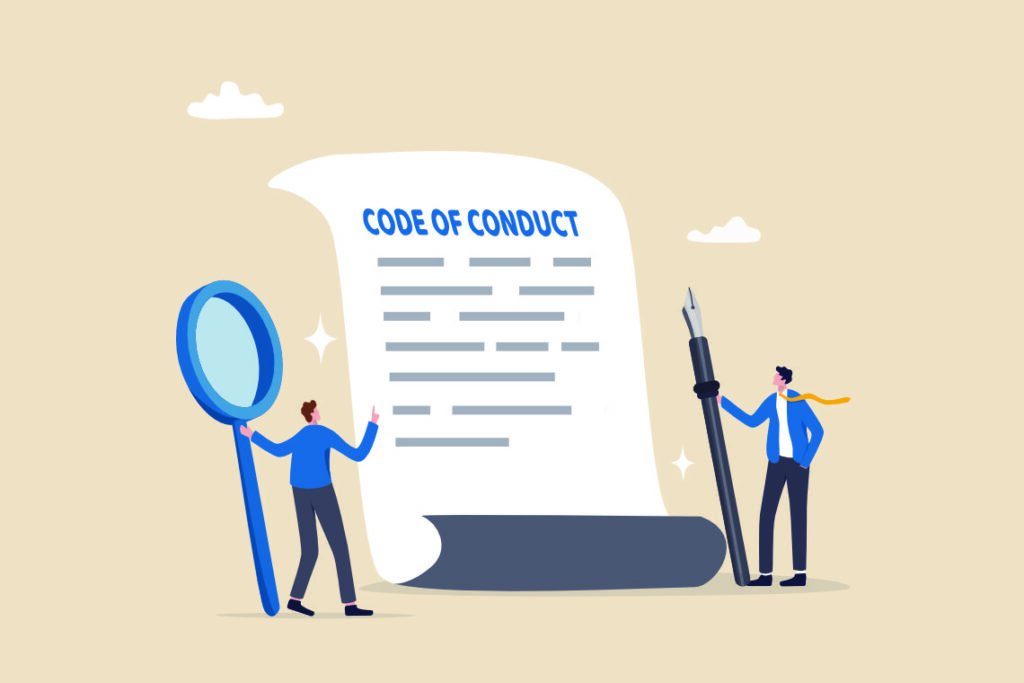
In the workplace, employers can be held responsible for harassment that happens “in the course of employment,” according to the Equality Act 2010. This means that if an employee harasses another while at work, the employer could be legally liable—even though they can’t control everything staff say or do.
What Is the “All Reasonable Steps” defence?
In a discrimination case, you can (as an employer) avoid liability if you’re able to show that you took all reasonable steps to prevent harassment from happening. However, this is not an easy defence to use, because you must prove that you did everything reasonably possible to stop the harassment before it occurred.
But what exactly are these “all reasonable steps”? Tribunals have a two-part test to decide whether the defence applies:
- What steps did the employer take to prevent harassment?
- Could the employer have done anything more to prevent it?
If there were other reasonable steps the employer could have taken, the defence fails.
Campbell v Sheffield Teaching Hospitals NHS Foundation Trust
One of the few examples of this defence being successfully used is the case Campbell v Sheffield Teaching Hospitals NHS Foundation Trust.
In this case, a trade union member, Mr. Hammond, made a racially abusive comment to Mr. Campbell, a union Branch Secretary working at the Trust. The tribunal agreed that the comment was made but ruled that the Trust was not liable for the harassment. The Employment Appeal Tribunal also agreed with this decision.
So, why did the Trust win the case? Because the Trust had taken several proactive steps to prevent harassment in the workplace, including:
- Dignity at work training for all new employees, introducing core values.
- Annual performance reviews that included discussions about equality and diversity.
- Clear anti-harassment messages displayed in the workplace through posters.
- Regular mandatory equality training, which Mr. Hammond had recently completed.
Because the Trust had taken all these steps and no further reasonable actions were identified, the defence was successful. This case shows that if an employer can prove they took all meaningful steps possible to prevent harassment, they can avoid liability.
What about sexual harassment?
The law also covers sexual harassment, and it has become more stringent in recent months. Under Section 40A of the Equality Act, employers now have a proactive duty to take reasonable steps to prevent sexual harassment. If they fail to do so, tribunals can increase compensation by up to 25%.
While the legal requirements for prevention of sexual harassment and other types of harassment are slightly different, changes to the Employment Rights Bill are expected to align these tests, making the standards for preventing harassment even clearer.
Tips for employers and HR professionals
To help reduce the risk of harassment claims and strengthen your defence, you should implement the following measures:
- Conduct regular harassment risk assessments to identify any potential issues in the workplace.
- Update anti-harassment and equality policies regularly to ensure they reflect current laws and best practices.
- Provide meaningful training for both staff and managers on equality and preventing harassment. This training should go beyond just a one-time session and should be repeated regularly.
- Make sure policies are actively followed—it’s not enough to just have policies on paper. Employers need to enforce these policies consistently.
Be proactive to protect your employees and your business
The Campbell case demonstrates that taking proactive steps to prevent harassment can protect an employer from liability. By implementing strong anti-harassment measures, employers can not only protect their employees but also strengthen their legal position in the event of a claim.
Ultimately, creating a workplace where harassment is not tolerated and where all employees feel safe is not just the right thing to do—it’s also a smart business practice that helps prevent costly legal battles down the line.
Further reading
If you enjoyed this blog then perhaps you’d like to sign up to our monthly newsletter. We’ll keep you updated on what’s new in employment law.
The team at Hunter Law is here for you. We can handle your HR issues, finesse your policies, and keep you up-to-date on evolving legislation. Please get in touch with our legal team, we’d love to help.

